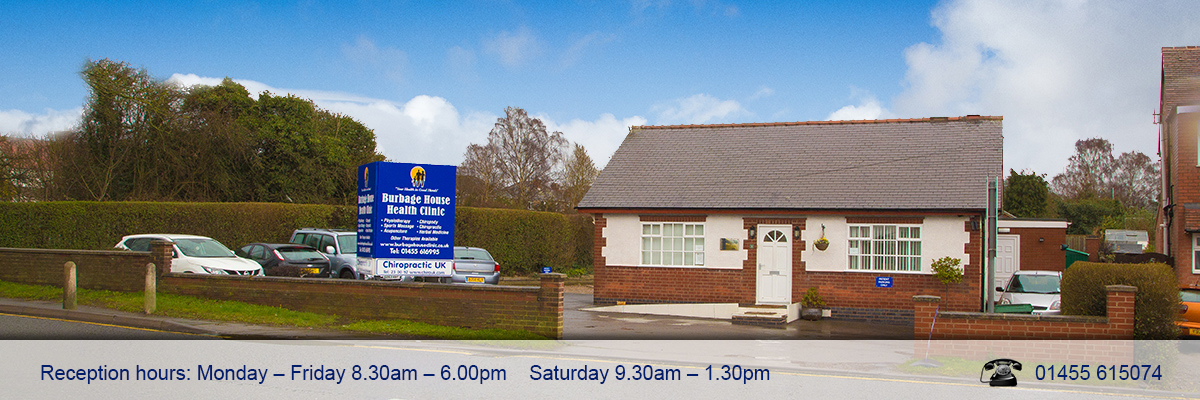How a twinge in the back can be a warning signal
A muscle twinge or pull in the back is often a message of warning that the spine is under considerable strain. The low back is particularly vulnerable as it is the part of the spine that holds most of the weight of the body as well as acting as a pivot for bending.
Repeated awkward bending, twisting, and lifting heavy loads can cause muscle spasm in the back.
Sometimes however, doing nothing at all can have the same effect: sitting for too long, particularly in a ‘slouched’ position can cause low back tightening and pain. This is because the low back is designed to curve inwards as shown. Slouching makes the low back curve outwards and this compresses the discs that sit between each vertebral bone.
Obviously some stresses and strains are unavoidable; bending, lifting and slouching are part of daily life at home, at work, looking after kids, driving, gardening and sport. But to minimise the impact this has on the back here are a few tips that are worth keeping in mind:
- When sitting keep an upright posture for the majority of the time, the easiest way to sit up straight is to place a cushion or rolled up towel behind the low back – this will support the natural curve of your back.
- Give yourself a break from sitting. Ideally you don’t want to be sat for more than 45 minutes at a time. Setting a timer on your phone can help – there are apps specifically for this.
- Avoid bending, twisting and lifting at the same time – this is the weakest position for your back. It’s best to be stood straight on to what you’re lifting, and use your knees to bend down, keeping the back straight.
- Have a break! Gardening, DIY, doing weights at the gym – these activities are all likely to put some strain on your back, so pace yourself, have breaks and enjoy rest days!
If the twinges in your back are becoming more frequent or more severe then book in to see us at Chiropractic UK Hinckley. We find that early intervention for back pain ultimately requires less treatment and gives better outcomes than if things are left to worsen.

